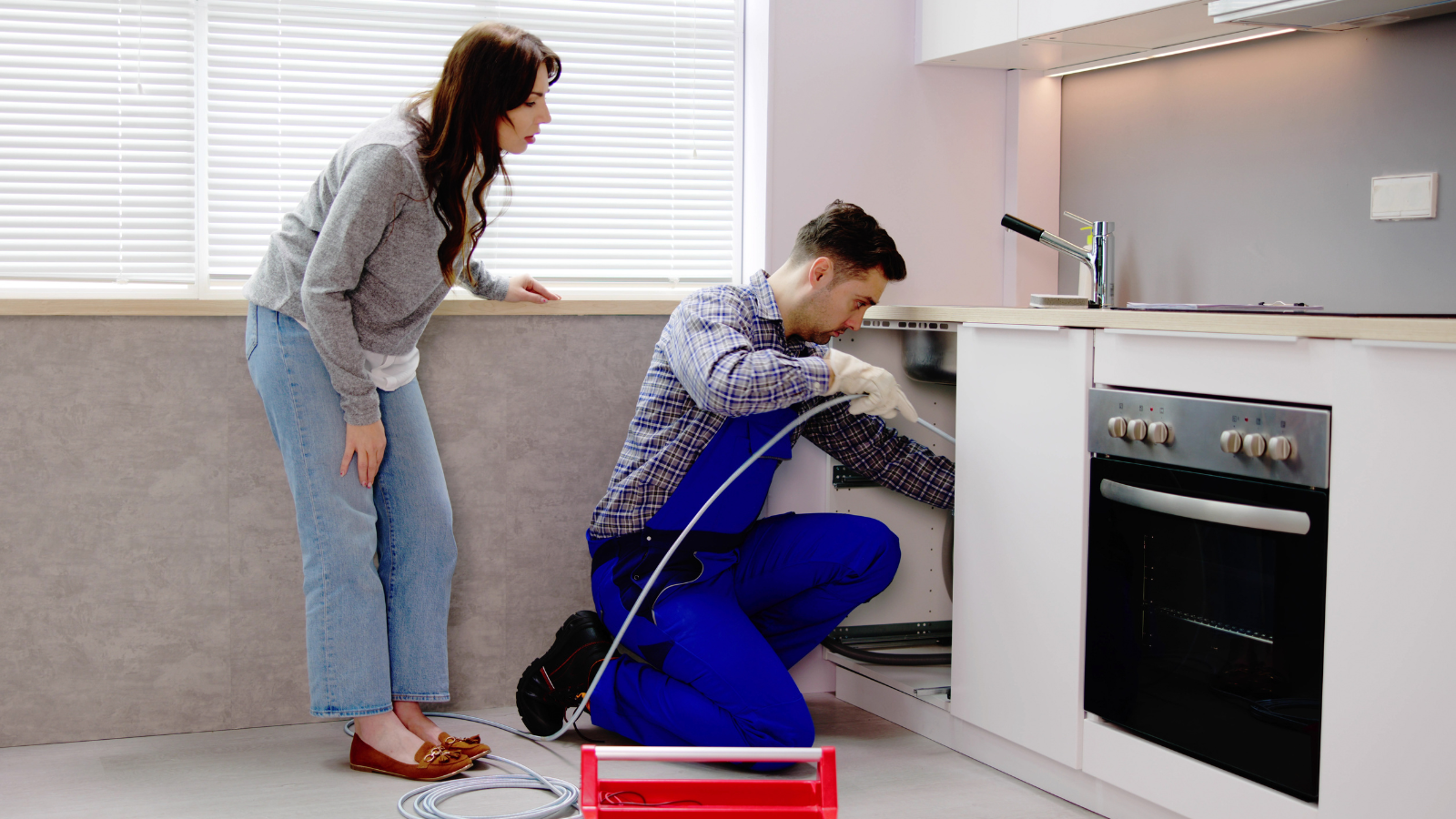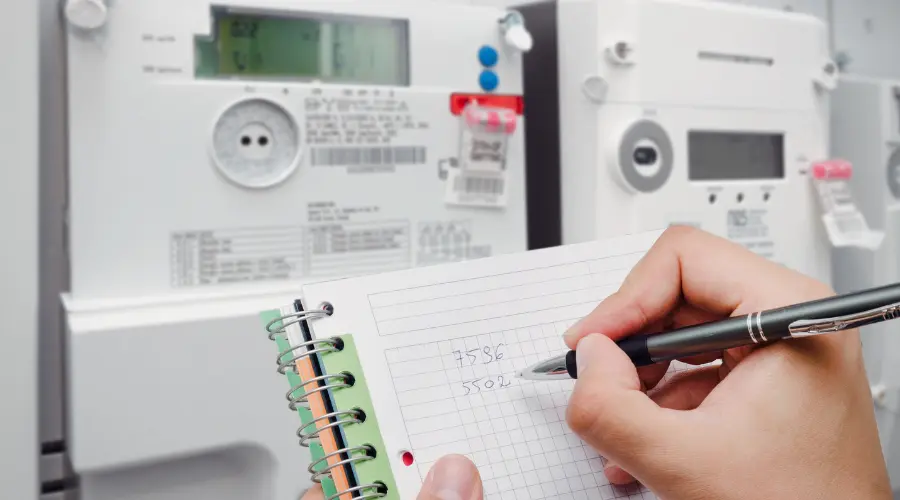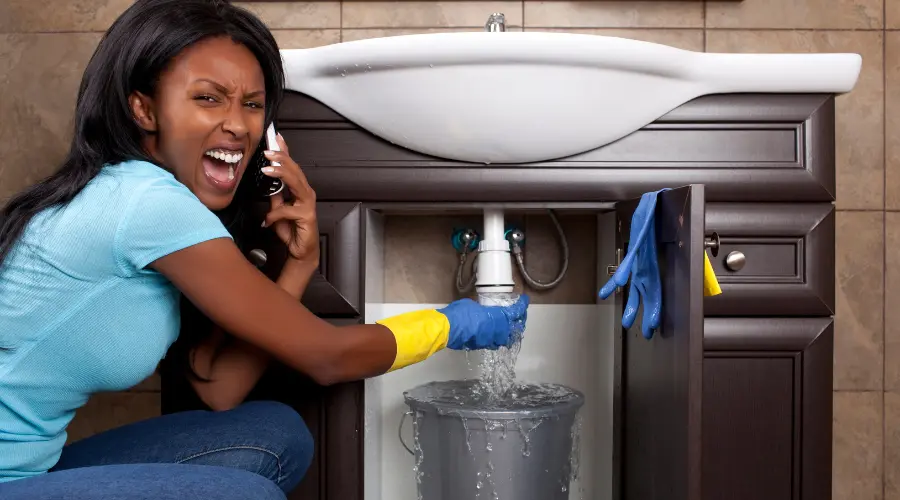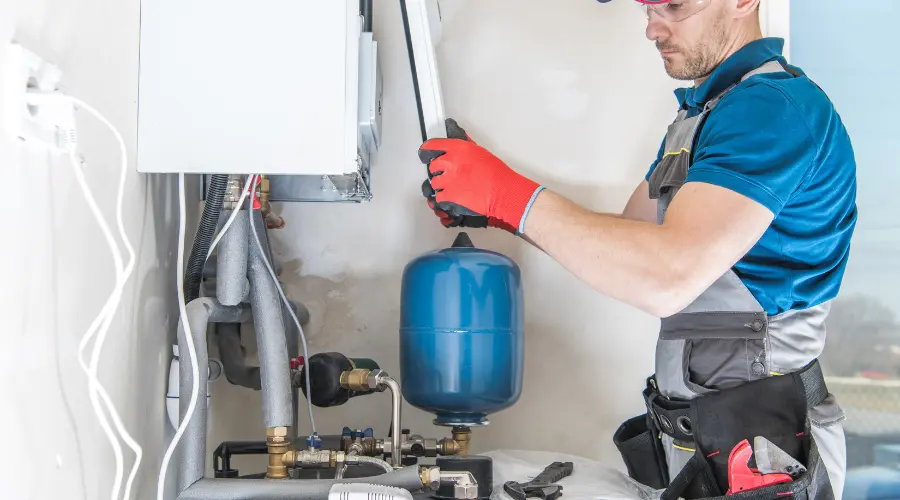Maintaining your drains and sewer lines in peak condition is vital for a healthy and efficient plumbing system. Clogged or slow-draining pipes can lead to significant problems such as water damage, unpleasant odors, and expensive repairs. By understanding effective drain cleaning techniques and adopting By taking precautions, you might avoid spending time, money, or hassle. This manual will examine the most effective ways for cleaning drains, safety precautions, standard techniques, and essential tips for effective sewer and drain cleaning
Whether you’re renovating your home or constructing a new one, understanding the importance of quality plumbing fixtures is key to creating a functional and attractive space. For plumbing concerns, residents in West New York, New Jersey, and nearby areas rely on CBJ West New York Plumbing. Our group of knowledgeable experts is proficient at managing everything from minor faucet leaks to major plumbing overhauls, showcasing expertise and precision in every project.
What Are the Best Methods for Cleaning Drains?
Different methods are available for drain cleaning, depending on the severity of the blockage and the type of drain. Here are some of the most effective techniques:
Plumbing Snake: An multipurpose instrument called an auger or plumbing snake is to clear blockages in various drains. It features a long, flexible metal cable that can navigate deep into pipes to break up and remove obstructions.
Hydro Jetting: This technique uses a high-pressure stream of water to clean the interior of pipes. It works really well to get rid of tough blockages and grease buildup, cleaning the entire pipe surface and preventing future blockages.
Chemical Drain Cleaners: Available in liquid or powder form, chemical drain cleaners dissolve clogs caused by hair, grease, or soap scum. However, use them with caution due to their harsh chemicals.
Enzyme Cleaners: These cleaners use natural Organic waste in drains is broken down by bacteria and enzymes. They are less harsh than chemical options and effectively maintain clean drains without damaging pipes.
What Are the Safety Precautions for Using Drain Cleaners?
When using drain cleaners, particularly chemical ones, follow these safety precautions:
Wear Protective Gear: Put on protective eyewear and gloves at all times. to avoid skin contact and eye irritation.
Ensure Proper Ventilation: Use drain cleaners in well-ventilated areas to avoid inhaling potentially harmful fumes.
Follow Instructions: Adhere to the manufacturer’s instructions on the label to use the cleaners correctly and safely.
Avoid Mixing Cleaners: Never mix different drain cleaners to prevent dangerous chemical reactions.
Store Safely: Keep drain cleaners out from children’s and pets’ reach to avoid unintentional exposure.
Standard Drain Cleaning Techniques and Their Benefits
Manual Removal: Removing debris from drain covers or traps can effectively address minor clogs. This simple and inexpensive technique is ideal for removing hair and small objects.
Plumbing Snake: As mentioned, plumbing snakes are excellent for clearing blockages in various pipes. They handle minor and moderate clogs effectively and can reach deep into the system.
Hydro Jetting: Ideal for thorough cleaning, hydro jetting removes stubborn clogs and is beneficial for large-scale sewer line cleaning, helping to prevent future issues.
Enzyme Cleaners: Useful for regular maintenance, enzyme-based cleaners help prevent future clogs. They are environmentally friendly and safe for all types of pipes.
Seven Guidelines for Effective Drain and Sewer Cleaning
1. Regular Maintenance: Schedule regular cleaning and maintenance to prevent clogs and ensure smooth operation.
2. Use Drain Screens: Install screens or mesh covers to catch debris and prevent hair, food particles, and other materials from entering the pipes.
3. Avoid Pouring Grease: Never pour grease or cooking oil down the sink. Dispose of it in a container and throw it away to prevent blockages.
4. Flush with Hot Water: Periodically Use hot water to clear soap scum and oil from drains buildup.
5. Use Baking Soda and Vinegar: Pour Pour Pour baking soda and vinegar down the drain for a natural cleaning solution. Let it sit for a few minutes before flushing with hot water.
6. Be Cautious with Chemical Cleaners: When everything else fails, use chemical drain cleaners sparingly to avoid pipe damage over time.
7. Consult a Professional: For severe clogs or persistent issues, consult a professional plumber. They have the expertise and equipment to handle complex problems and ensure your plumbing system remains in good condition.
Conclusion
Effective drain cleaning and regular maintenance are crucial for preventing costly plumbing issues and extending the life of your pipes. By employing the right cleaning techniques, adhering to safety precautions, and adopting preventive measures, you can maintain the smooth operation of your drains to prevent problems headaches. When in doubt, get expert assistance to keep your plumbing system’s comfort and functionality.




